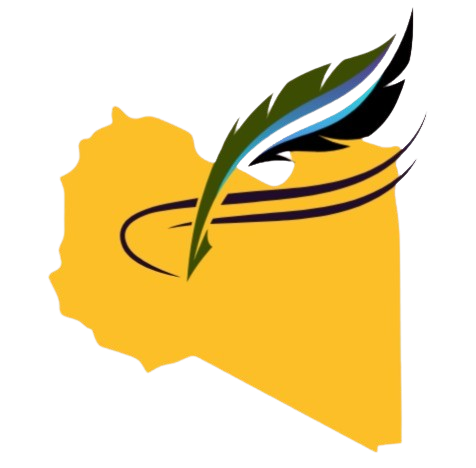Plagiarism Policy
-
Definition:
The journal defines plagiarism as the use of others’ texts, ideas, data, or findings without clear attribution, including:
-
Direct copying without quotation
-
Paraphrasing without citation
-
Undisclosed self-plagiarism
-
Translating content from another language without citing the source
-
Detection Tools:
The journal uses reliable plagiarism detection tools Turnitin, ensuring that textual similarity does not exceed 20% (excluding references and cited quotes). -
Procedures for Identifying Plagiarism:
-
Before Peer Review:
The manuscript is rejected immediately if significant plagiarism or copied sections from previously published work are found. -
During Peer Review:
The review is suspended, and the case is referred to the editorial board. -
After Publication:
Proven plagiarism leads to formal retraction of the article, publication of a retraction notice, and notification of the relevant academic or funding body.
-
Penalties:
-
Rejection of the article with formal notice to the author
-
Banning the author from publishing in the journal for at least two years
-
In case of recurrence, a permanent ban from the journal
-
Consideration of Research Context:
A higher similarity percentage may be accepted for review articles after justifying it to the editorial board.







